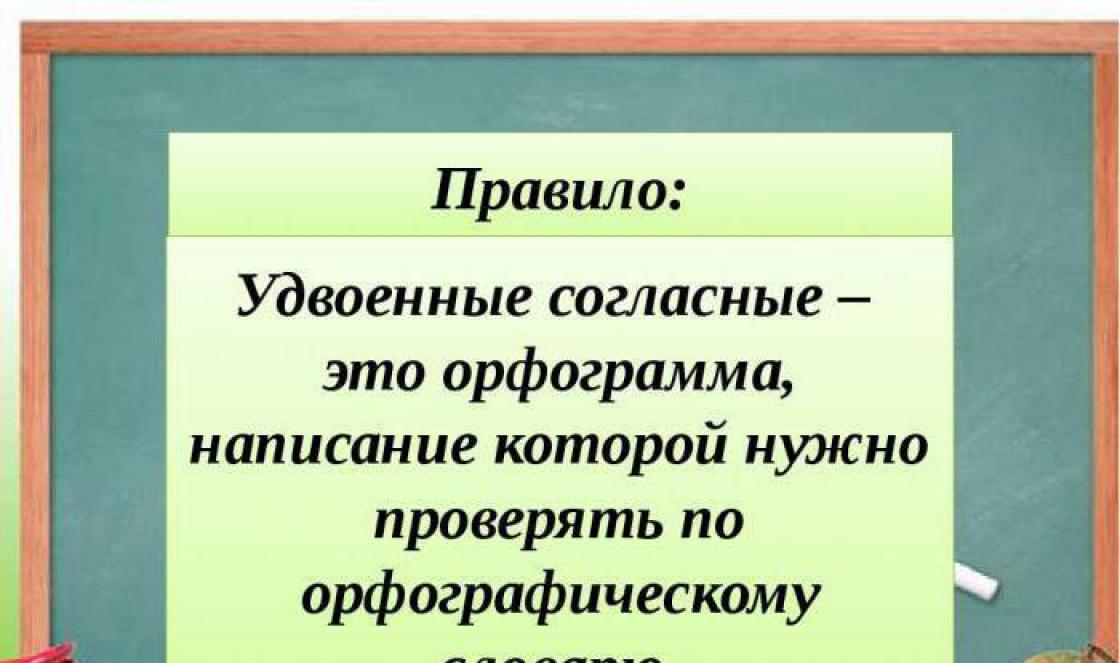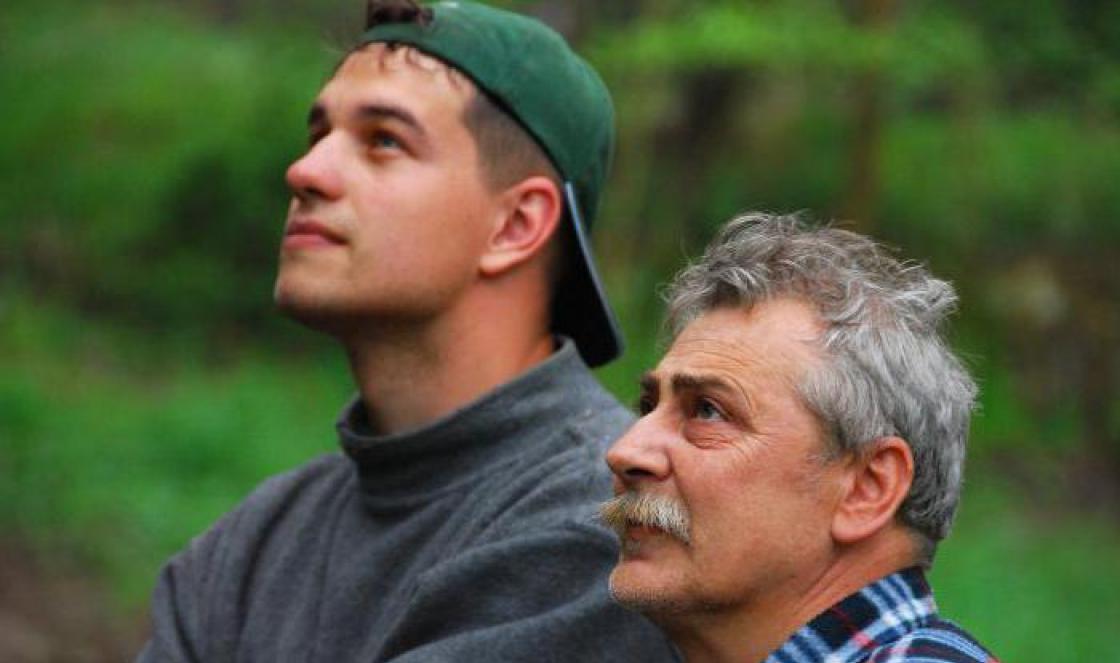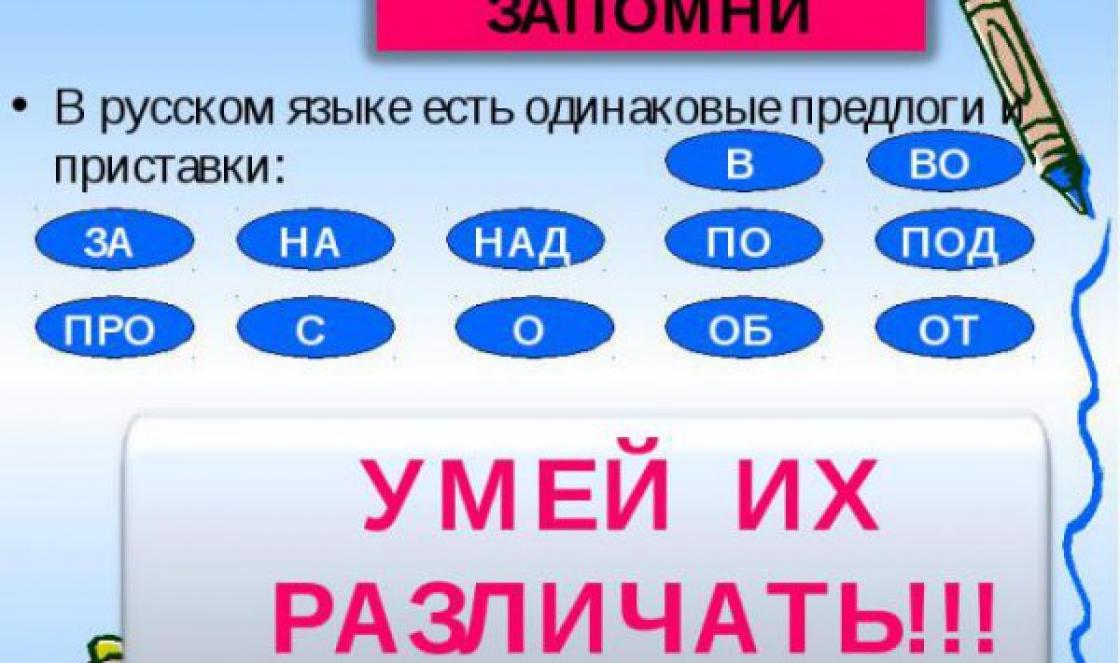Frankly, I only found out a couple of years ago that the victory in the Great Patriotic War had not been celebrated for 20 years. galkovsy returned to this issue yesterday. A short excerpt from his long and obscure article.
Have you ever wondered why the stupid one-eyed Soviet agitprop did not celebrate the victory over Germany for 20 years. It would seem - May 9, 1946, the first anniversary of the victory. Parade, orders, drums, balloons. ZERO. 1950 is the fifth anniversary of the victory. ZERO. 1955 - 10 YEARS OF THE GREAT VICTORY. Every year the country celebrates with pomp the great October Revolution, the anniversary of Lenin, the first of May, after all, New Year. Soviet holidays and anniversaries are loved, one might say, obsessed with them. But on May 9, they work culturally in production. There are no medals and badges of honor in honor of the anniversary of the victory, there are no associations of front-line soldiers. On the contrary, immediately after 1945 the generals were plagued by arrests and inspections. This is understandable, because the style. But where is agitprop looking? 1960 - zero. The celebration begins only in 1965 and the victorious front-line soldiers begin to be served - right - as helpless pensioners who need to be "helped". Why? A generation of proud, independent people, victors, would grow up on a real, modern, living victory celebration. And the “sixties” grew up. “I am an insignificant fool, I have a cap” and other okudzhava.
Or maybe that's how it was? I don't think so.
First of all, Galkovsky is inaccurate. The holiday was introduced in 1945. And in 1946\"ZERO \" was not-it still took place. But already in 1947, May 9 really became a working day. Historians write that Stalin was afraid of the front-line soldiers. And not in vain, they went through the fire, and it was not so easy to break their spirit, the front-line soldiers despised the party nomenclature, did not part with their weapons, so lynching happened very often. The cancellation on May 9 should have been a lesson to them. And anyway, I don’t think that the country’s leadership had any special plan to eradicate from Soviet people the spirit of the victorious people. As for the return of the festive status on May 9, Leonid Ilyich did his best here. The fact is that Brezhnev was very fond of the holidays. In addition, he was a front-line soldier, and having become the head of state, he very soon decided - Victory Day should be celebrated. Yes, even with a military parade. At the same time, he himself dressed in a marshal's uniform. I said Leonid Ilyich liked holidays? No, he was very fond of the holidays. True, later the Politburo pointed out that there were some excesses, perhaps this is too much - the parade and the first of May, and the ninth military equipment the costs are too high. So the parades on the ninth of May were cancelled.
And among the sixties, by the way, many worthy people especially in literature. Take the Strugatsky brothers, for example. In general, the man got excited. It happens to everyone.
The great victory of the peoples of Rus' in the Great Patriotic war is a heroic and turning point significant events mid-twentieth century.
Fascism was a powerful, cruel, inhuman enemy that swept everything beautiful and good from its path.
For the sake of victory over the Nazis, the leadership of our country resorted to extraordinary measures, and the great Russian people had to make an incredible amount of effort, estimated at millions of lives.
The road to the German enemy Berlin took Soviet army more than three years of the hardest front-line battles and battles. Under the power of the Wehrmacht, the Soviet Union did not surrender, unlike other European states.
How it all started
9th May one of the main holidays great Russia and former countries Soviet Union. Each of us annually recalls the horrors of the war that Soviet soldiers were able to endure, and in almost every family there are veterans of this war who survived the victory or did not return from the battlefield.
 The celebration was established in 1945 after the defeat Soviet wars fascist troops. It was on May 9 that the Soviet and German sides signed an agreement on the surrender of the Wehrmacht, which marked the end of the brutal interethnic bloodshed.
The celebration was established in 1945 after the defeat Soviet wars fascist troops. It was on May 9 that the Soviet and German sides signed an agreement on the surrender of the Wehrmacht, which marked the end of the brutal interethnic bloodshed.
On June 24, 1945, the official date for the celebration of the Great Victory was announced - May 9. On the occasion of the significant historical event a parade was held under the leadership of Rokossovsky, but three years later the Victory Day ceased to be a day off.
The leaders of the Union considered that the people should, at least for a while, forget about the terrible military events. But still, every year holiday greeting cards were issued, veterans-front-line soldiers received congratulations.
Since the beginning of L.I. Brezhnev’s rule of the country, May 9 again became a public holiday, in major cities countries held military parades, festive fireworks thundered. Since 1965, military parades in Moscow have been held every 10 years, but with the collapse of the USSR, political instability manifested itself and the governments of the new states were not up to public celebrations.
The holiday was fully restored only in 1995, and the inhabitants of Russia witnessed two bright Moscow parades at once: Russian troops, and on Poklonnaya Hill a military parade was held using armored vehicles.
 From that moment on, military processions on the Red Square of Moscow and the laying of wreaths at the monuments of fallen heroes are held every year. Until 2008, military equipment did not participate in the parades, but later the tradition was restored.
From that moment on, military processions on the Red Square of Moscow and the laying of wreaths at the monuments of fallen heroes are held every year. Until 2008, military equipment did not participate in the parades, but later the tradition was restored.
May 9 is the Victory Day, but in other countries this day is celebrated on May 8, due to the difference in time zones (according to European time, this great event happened on May 8). But in fact, it turns out that the inhabitants of Europe celebrate a slightly different event - Victory Day in Europe - they have every right to celebrate the date of the liberation of the peoples of European countries.
On May 9, the history of the holiday has become one of the brightest and most colorful annual events. Parades are held on the squares of the cities, the music of the war years sounds, salutes are fired, everyone congratulates the veterans. But do not forget that this day for front-line soldiers is also a day of bitter memory of the horrors of the war experienced, of the soldiers who died in the name of victory.
Our duty is to remember the veterans not only on this great historical day, we are obliged to give them the attention and care that they deserve and gave us a bright and peaceful future.
May 9 - Victory Day
Great Patriotic War 1941-1945 considered the bloodiest in the history of mankind. The entire Soviet people stood up to fight the fascist invaders. People of all nations and nationalities who worked at the front and in the rear were united by one goal - to survive and win.
The enemy advanced with heavy fighting from the border fortress of Brest to Smolensk, from Kyiv to Tula, and met heroic resistance everywhere. The enemy received a fierce rebuff near the city of Yelnya. Here, for some time, the unstoppable onslaught of the German hordes was suspended.
And yet the enemy continued to rush towards Moscow. The capital of the Soviet Union was constantly subjected to devastating bombing. However, the efforts of the fascist invaders to seize Moscow ended in complete failure. Soviet troops stopped the Germans near Moscow and forced them to retreat. This was the first major defeat of the enemy. But victory was still far away. After the triumphant battle near Moscow Soviet troops failed in the Crimea and near Kharkov.
Leningrad experienced the most difficult days. For 900 days and nights the city on the Neva was under siege. The enemy blocked all approaches to it, which made it impossible to bring food.
Almost 850 thousand people died from hunger, cold, continuous bombing and shelling. And yet the enemy failed to break the great city. On January 27, 1943, the blockade ring was broken.
The turning point in the course of the war took place near Stalingrad (now this city is called Volgograd). Here, between the Volga and the Don, a great battle continued for 200 days, in which a huge grouping of German troops was defeated - almost 1.5 million people.
Then the Soviet troops destroyed a large concentration of enemy forces in the region of Kursk, Orel, Belgorod and drove the invaders through the liberated Ukraine and Belarus to the capital of Nazi Germany, Berlin.
Soon Berlin was taken, and on May 9, 1945 bloody war ended with German fascism. Since then, this date has become a great national holiday of the Victory.
June 24, 1945 in Moscow, on Red Square, the first Victory Parade took place. The parade was hosted by Deputy Supreme Commander Marshal of the Soviet Union Georgy Zhukov. And in the evening, in honor of Victory Day, fireworks thundered, 30 volleys from a thousand guns.
The Soviet army liberated from fascism not only the USSR, but also other countries. The victory was given to us at a terrible cost - in this war we lost 27 million people.
On the Victory Day meeting of war veterans. For former front-line soldiers, solemn events and concerts are arranged. People lay wreaths and flowers at the monuments of military glory and mass graves.
May 9 is also considered the Day of Commemoration of the leaders and soldiers who died on the battlefields. Memorial services are held in churches and temples of Russia on this day.
Eternal memory to all who gave their lives so that we could live in a free country and under a peaceful sky.
.jpg)
Song Victory Day
Words V. Kharitonova
Music D. Tukhmanova
Victory Day, how far it was from us,
As an ember was melting in an extinct fire.
There were miles, charred, in the dust,
Chorus:
This Victory Day
Smell of gunpowder
This is a holiday
With gray hair at the temples.
It's joy
With tears in his eyes.
Days and nights
at open-hearth furnaces
Didn't close
our homeland of eyes.
Days and nights of battle
led a difficult one -
We brought this day as close as we could.
Hello mother,
We didn't all return...
Barefoot to run through the dew
Half of Europe walked, half of the Earth
We brought this day as close as we could.
Residents of a vast country have been deprived of a day off for many years
The "most-most" of all our civil holidays - May 9 was by no means always the "red day of the calendar". Moreover, in the original version, it was conceived as ... a "secondary" Victory Day.
This day became special on May 8, 1945, when the Decree of the Presidium of the Supreme Soviet of the USSR “On declaring May 9 the Victory Day” was signed in the Kremlin. Its text read: “In commemoration of the victorious end of the Great Patriotic War of the Soviet people against the Nazi invaders and the historic victories of the Red Army, ... establish that May 9 is a day of national celebration - VICTORY HOLIDAY. May 9 is considered a non-working day.
However, a few months later, on September 2, 1945, the same Presidium of the Armed Forces legalized a “more important” holiday: Victory Day in World War II. It was timed to September 3 - the day of victory over Japan. And also, to the delight of citizens, they were declared non-working.
However, they did not rejoice for long. The existence of this new "red date" in the calendar turned out to be very short-lived.
Victory Day No. 2 in the Land of Soviets was celebrated "in full" only once - in September 1946. And then it turned out that for the vast majority of the inhabitants of the USSR, the victory over Nazi Germany was much more important than the final victory in World War II. As a result, the venture with the "Japanese" Victory Day was quietly "released on the brakes." In the years following after 1946, the authorities did not announce any celebrations, and even more so the weekend on September 3. Although formally this was a violation of the law: after all, the September decree of the Presidium of the Armed Forces was never officially canceled.
But with Victory Day No. 1, too, not everything went smoothly. Citizens of the USSR had a chance to walk in honor of the recent "Victoria" over the Nazis only in May 1945, 1946 and 1947. And then, for some reason, “above” reconsidered their attitude to this holiday and decided that it should not be celebrated on such a large scale. (It has been suggested that such an "obstruction" was perpetrated by Stalin himself, imbued with jealousy for Marshal Zhukov, who at that time turned into the "main winner of Germany" for the inhabitants of the country.) Be that as it may, on December 24, 1947, a new document prepared by By the Presidium of the Supreme Council: "In change of the Decree of May 8, 1945, to consider May 9 - the Victory Day over Germany - as a working day."
As a result, starting from 1948, our grandfathers and grandmothers, fathers and mothers celebrated Victory Day with hard work in the shops, at construction sites, in the fields, studying at schools and institutes ... Of course, on this day, protocol “asset meetings with an invitation participants in the hostilities, ”newspapers printed solemn editorials, but in fact the only truly festive attribute of this day in the days of Stalin and Khrushchev was the gun salutes fired on the evening of May 9 in several large cities. Even the anniversary holidays in 1950, 1955, 1960 were not an exception.
Only on the eve of the 20th anniversary of the Victory, May 9 was again included in the list of major (and non-working!) holidays. Then, in 1965, Victory Day was celebrated on a grand scale. It was on this anniversary that the awarding of the Soviet capital with the honorary title of "Hero City" was timed. On the 9th, a military parade was held on Red Square and the Banner of Victory was carried in front of the troops (previously parade crews marched through the capital only on May 1 and November 7).
Since then, Victory Day has always been celebrated very solemnly. The streets and squares were decorated with flags and banners. At 7 pm, a minute of silence was announced in memory of the dead. Mass meetings of veterans in the center of Moscow have become traditional.
When the sad period of the collapse of the USSR began, the holiday so revered by the people in most of the union republics for some time lost some of its former scale. On May 9, 1990, the last Soviet history military parade on the occasion of Victory Day. This tradition was revived in new Russia only five years later.
War comes unexpectedly. Her cruelty and injustice break human destinies. Even today, 70 years after the end of the Great Patriotic War, the planet celebrates the triumph of peace, which is a symbol of the unbending will of the spirit of the people for freedom.
Road to peace
The final stage of the war against fascism - this is the history of the holiday would not have taken place without the courage of our brave warriors. It took the troops of the Soviet Union four long years to expel the invaders from their native land.
In April 1945, the Red Army stood under the walls of Berlin. May 1, during offensive operation in the Reichstag area, at about 3:00 am, the roof of the building soared. Although it is worth noting here that the information was released hastily. After all, on April 30, it was announced on the radio that the assault flag was hoisted over the parliament building.
Complex military operations, thousands of victims - and Great War ended. The act of surrender of enemy Germany was signed on May 9. Victory Day, the history of the holiday is counted from this date, with tears of bitterness and happiness met all over the world. Hitler's troops officially surrendered on the 8th. But due to the time difference, peace in the Union came at 1:00 am.
On the same day, a document was brought to Moscow that testified to the fall of the Nazis.
First parade
Later, on June 22, 1945, Joseph Vissarionovich issued an order. It said that in connection with the fall of Germany, Moscow would hold a solemn procession in which it would glorify its heroes. The head of state had the idea back in early May, before the decisive act.
The first military review, which was called, took place in June, although May 9 is Victory Day. The history of the holiday began on the 24th. The weather that day was terrible, it was raining.
Suvorov drummers led the procession. Next came consolidated shelves fronts. They were soldiers of different nationalities and ranks. Each of them showed courage and extreme devotion to the motherland in battle. In all, more than 40,000 military personnel participated. The form for all participants was sewn by special order.
The political elite, among them was the head of the country, watched the action from the podium of the Mausoleum.
It was this system that subsequently became the basis of the history of the May 9 holiday. Victory Day 1945 was hosted by Hero and Marshal of the Soviet Union G. Zhukov.
The military leaders rode across the square on snow-white thoroughbred horses. The researchers are sure that the only reason why Stalin did not take part in the parade was that he was a bad rider.

Long-awaited victory
Stalin knew well about the success of his troops under the walls of Berlin. The city has already surrendered. Only separate groups of soldiers actively resisted. Realizing that the Nazis had nowhere to go and surrender was inevitable, even the day before, on the 8th, he signed a decree stating that from now on May 9 is Victory Day. The history of the holiday began with the morning newspapers, which reported the good news. Radio played an important role in the life of a Soviet person. So, at 6 am, Yuri Levitan announced the victory. The voice of this man announced all the changes on the front lines throughout the war.
People spread the good news from house to house. Passers-by on the streets hugged, congratulated each other, cried.
In the afternoon, several anti-aircraft divisions were assembled under the walls of the Kremlin. Searchlights were brought in to illuminate the portraits of the leaders. In the evening, the Victory Salute struck over the capital. Nobody worked that day.
immutable symbol
Until 1948, Soviet citizens rested on May 9th. Further, all forces were thrown into the restoration of the bombed country. They forgot about the date for a while. Only with the initiative of L. Brezhnev, the history of the holiday on May 9 continued. Victory Day for children was a special date. The mass actions that were carried out formed love for the motherland, respect for those who defended it.

Over the years, the holiday acquired traditions. Particularly large parades were held on anniversaries. So, in 1965, the Banner was first issued. It is worth noting that it did not participate in the 1945 demonstration. Interestingly, the flag was specially delivered to Moscow on June 20 for the parade. But due to the lack of time for preparation, Zhukov gave the order not to take out the banner.
It remained an indispensable attribute and symbolized May 9, Victory Day. The history of the holiday briefly tells about the attitude of the next generations to the Great Patriotic War. Until now, parades are full of red flags.
Since 1965, the Banner has been replaced with a copy. You can look at the original in the Central Museum of the Armed Forces of the Russian Federation.
Gratitude Action
The traditional color of the holiday is orange and black. This story begins on November 26, 1769. It was then that Empress Catherine II instituted It was a medal for courage on the battlefield. With some changes, the Union took over the award.
Since 1942, daredevils have been awarded the "Guards Ribbon". Her orange-dark gamma is already a tradition for May 9, Victory Day. The history of the holiday is forever associated with these flowers. The colors symbolize smoke and flames. Such shades were also used in the ribbon of the Order of Glory.
Traditions are not forgotten even now. In 2005, an action was held in Russia. St. George Ribbon became a symbol of gratitude for peace and respect for veterans. Everyone who held it in their hands on the eve of the holiday or during the parade testified that they remember the Great Victory.

Feast of the Heart and Freedom
The solemn procession, ribbons, songs of Lev Leshchenko - all these are integral attributes of May 9th. The older generation understands the essence of the holiday. But, unfortunately, young people often do not even realize who fought with whom. Gradually pathos processions lose popularity.
Fewer and fewer teenagers know that the history of the holiday for preschoolers should first of all be conveyed by their parents and teachers. Do not change rituals. At least once a year, lay flowers with your children. You need to teach young people to respect the past of their people.

Dedicate Victory Day to the direct defenders of the Fatherland. Place traditional tulips and daffodils at the foot of the monuments, thank the old veterans who are still alive, and pray for peace.





